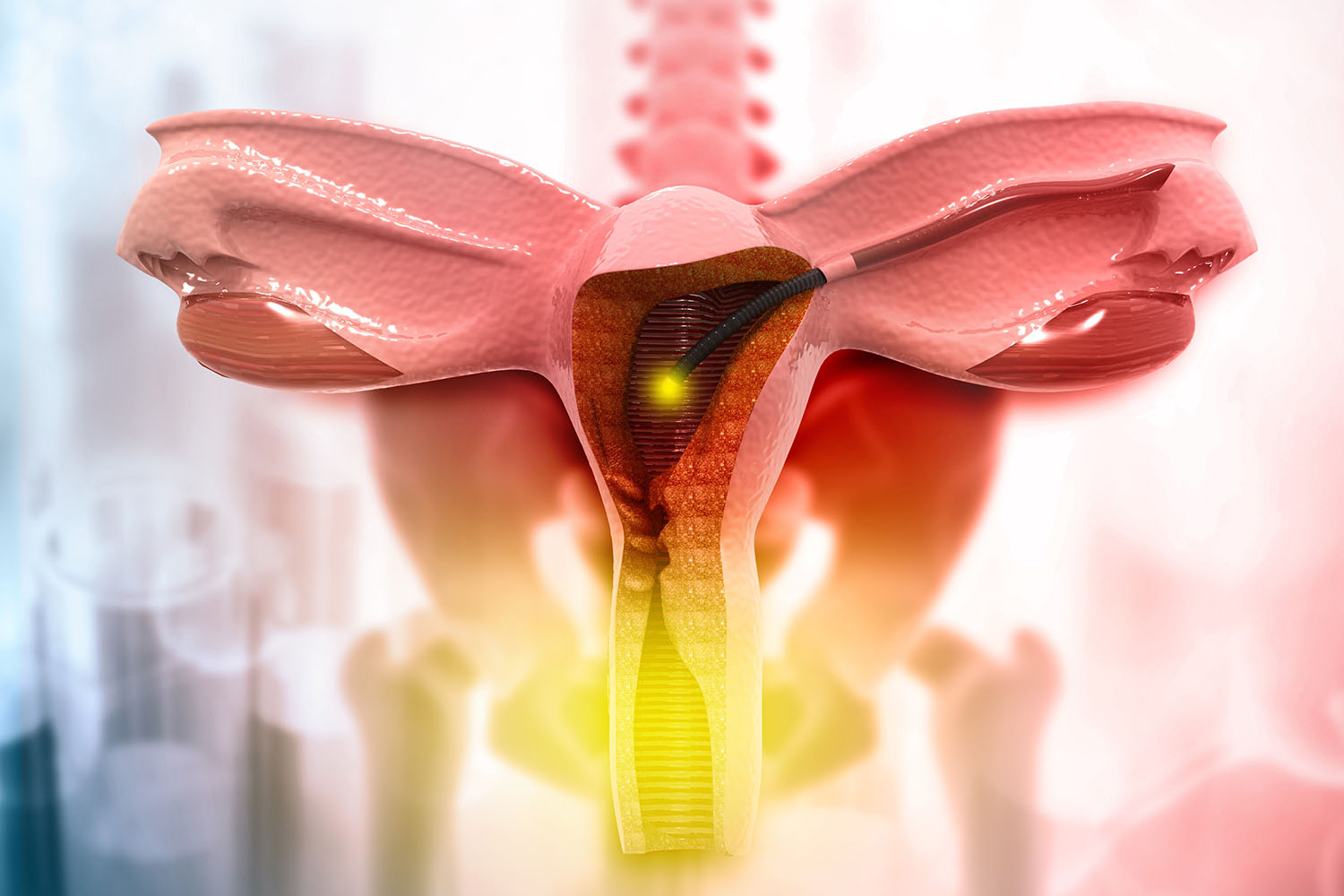Overview
Total hysterectomy is a surgical procedure that involves the removal of the uterus and cervix. It’s a significant decision that many women may face due to various medical conditions. In this blog, we delve into the facts and research surrounding total hysterectomy to provide clarity and empowerment to those considering or undergoing this procedure.

Understanding Total Hysterectomy:
Total hysterectomy is often recommended to address conditions such as uterine fibroids, endometriosis, pelvic inflammatory disease, abnormal vaginal bleeding, and certain cancers. It can bring relief from symptoms and improve overall quality of life for many women. However, the decision to undergo this procedure is deeply personal and should be made in consultation with medical professionals.
Facts and Research:
Effectiveness: Research has shown that total hysterectomy is highly effective in treating conditions such as uterine fibroids and endometrial cancer, with a low risk of recurrence post-surgery.
Quality of Life: Studies have indicated that many women experience improvements in their quality of life following total hysterectomy, including relief from pain, bleeding, and other symptoms associated with their underlying condition.
Risks and Complications: Like any surgical procedure, total hysterectomy carries risks such as infection, bleeding, and injury to surrounding organs. However, advancements in surgical techniques have significantly reduced the likelihood of complications.
Hormonal Changes: Removal of the uterus and cervix can lead to hormonal changes in the body. Research suggests that these changes may affect bone health and increase the risk of cardiovascular disease in some women. Hormone replacement therapy (HRT) may be recommended to mitigate these effects.
Psychological Impact: The psychological impact of total hysterectomy is an important consideration. While some women may experience feelings of loss or grief, others may feel relief from the symptoms that led to the surgery. Support from healthcare providers, friends, and family can be invaluable during this time.
Empowerment through Knowledge:
Empowering oneself with knowledge about total hysterectomy is crucial for making informed decisions. Researching the procedure, understanding its risks and benefits, and discussing concerns with healthcare providers are essential steps in the decision-making process.
It’s also important for women to advocate for themselves and actively participate in their healthcare decisions. Asking questions, seeking second opinions, and exploring alternative treatments, if available, can help ensure that the chosen course of action aligns with individual preferences and values.



